The best books on healing trauma - that won't trigger you
Alternatives for trauma books that will send you spiraling.
If you’ve been reading about CPTSD (complex post-traumatic stress disorder) and trauma, someone has probably recommended The Body Keeps The Score (by Bessel van der Kolk) or CPTSD: From Surviving to Thriving (by Pete Walker) to you. They’re both great books but can be quite heavy and include descriptions of abuse and trauma, particularly The Body Keeps The Score. Understandably, they may be triggering for those just starting on their journey or who are in a dysregulated or depressed state.
Here are some less-triggering books that helped me on my healing journey. Please remember that these are just the ones I’ve read by May 2024 (last edited January 4th, 2025). I have many more books in my “to-read” list, both for my personal recovery and because I am training to become a therapist (currently in my Master’s degree).
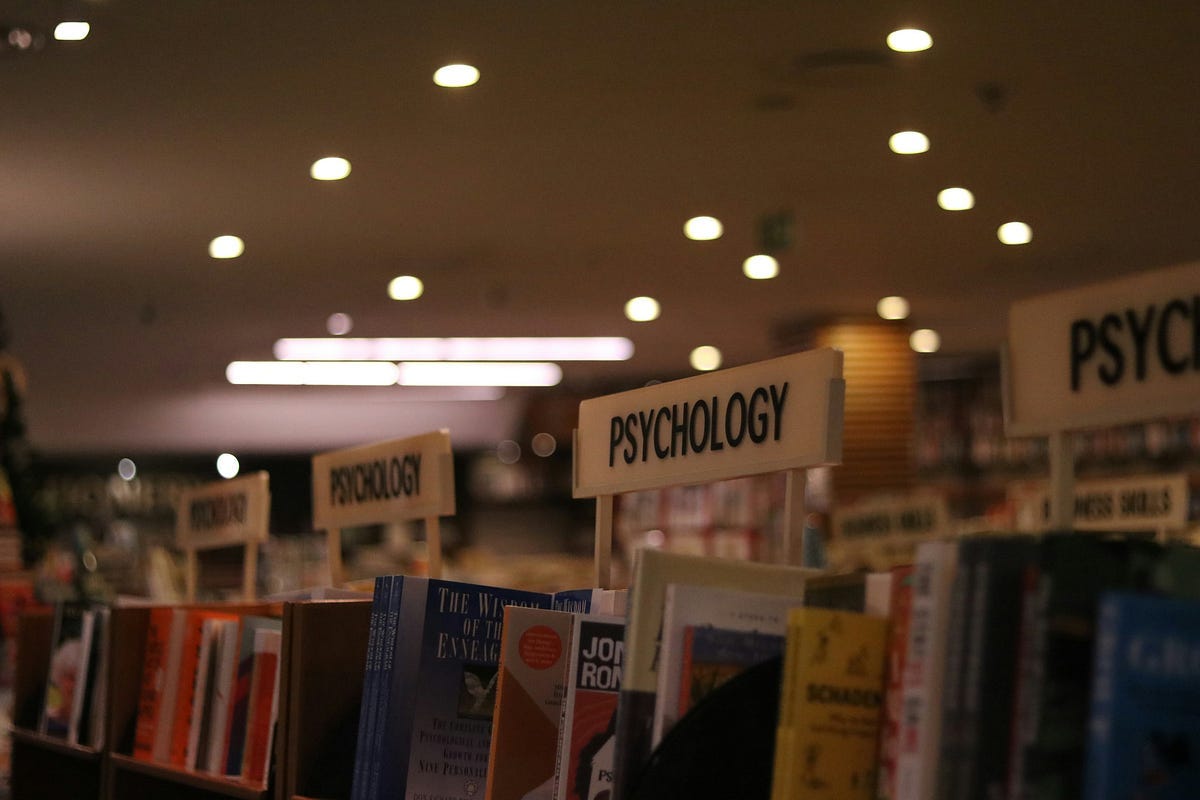
Starting with self-compassion
Self-compassion is the core of any healing work; therefore, if there is any book one should start with, it should be about self-compassion.
There Is Nothing Wrong with You: Going Beyond Self-Hate by Cheri Huber
This is the first book I read on self-compassion, which made some things fall into place for me. I think it’s a shame I don’t see this book recommended more.
The other books I read about self-compassion went into a lot of theory, which wasn’t what I needed when I was deep into my depression. There Is Nothing Wrong With You is easy to read, direct, and concise.
There was a part where she talked about how we can judge ourselves for being too self-judgemental, which I was dealing with. She wrote something like, “if I could have compassion for myself for hating myself, then I wouldn’t be hating myself, I would be loving myself.” Pretty simple and yet groundbreaking for me at the time.
When Things Fall Apart: Heart Advice for Difficult Times by Pema Chodron
I read this book when I was in a really low period, and it helped me feel a little bit more hopeful. The chapters are relatively short and straightforward, so they’re easy to read when busy or depressed. There’s no complicated language or scientific talk, just good reminders when we’re struggling. It’s one of my top recommendations on the list: it talks about all the most important concepts of Buddhism/mindfulness in a simple way.
How to Keep House While Drowing by KC Davis
This is a short book that’s centered around care tasks like hygiene and keeping a manageable space when you’re struggling with executive functioning, whether it’s due to depression, ADHD, stress, or any other reason. The book is focused on compassion mixed with some practical tips.
When you need hope
The more we learn about how common trauma is and how ill-suited our societies are to support mental health and emotional needs, the bleaker the world can seem — particularly if we’re also reading the news. Keeping hope alive is essential to recovery because we need reasons to keep going. We need to believe that our efforts will pay off and that there’s something to fight for.
Humankind: A Hopeful History by Rutger Bregman
When you feel like everything in the world is bad, this book will provide an alternative perspective. Most of us have heard that human nature is essentially bad; people are out to help themselves and no one else. What is this story based on? Is it accurate? Bregman lays out the evidence of how humans are hardwired for cooperation
Suggestible You: The Curious Science of Your Brain’s Ability to Deceive, Transform, and Heal by Erik Vance
This is a popular science book about placebos, hypnosis, and false memories. The takeaway is that we can use our bodies’ suggestibility as a tool to help us heal ourselves. It helped me at a time when I was focused on finding the “right” tools for healing. I was branching out beyond conventional methods, yet my skeptical parts wouldn’t shut up. The book helped me release some of my demands for answers and focus on believing I can heal.
The Midnight Library by Matt Haig
This is a fiction book about a woman who tries to commit suicide and ends up in a library filled with books about lives she didn’t lead… The story is predictable, but that’s not the point. I found it quite therapeutic as the main character goes through the process of depression recovery, learning to deal with regret and coming to terms with “life fright.”
Memoirs and roadmaps to recovery
Sometimes, it really helps to know how other people made it through.
What My Bones Know by Stefanie Foo
So far, hands-down, it's the best book on trauma I have read. The first part of the book details the abuse she suffered in childhood and may be triggering, but the book is clearly divided, so you, as a reader, can easily skip that part.
After that, the book outlines several phases in her recovery while discussing intergenerational and societal trauma, ending on a hopeful yet realistic note.
Irritable Hearts: A PTSD Love Story by Mac McClelland
This is a memoir of someone who develops PTSD around the same time they meet a new romantic partner. I loved this book because it shows the healing process of PTSD, how long it takes, and how it affects work, relationships, and everything else in life.
Important psychoeducation
Having a framework for understanding how trauma works in our body and how it affects our lives can be an important tool in healing. Some books are more triggering or more helpful than others. Here are a few I’ve enjoyed.
Feeling Good: The New Mood Therapy by David D. Burns
This book is an in-depth look into cognitive-behavioral therapy by one of the people who helped popularize it (CBT was originally developed by Aaron Beck). I found it pretty well-rounded, and it addressed a lot of different issues.
On the other hand, that means that it’s quite long, which can be overwhelming.
CBT is quite a clinical approach, and it’s not a complete picture of healing trauma. I believe that somatic work is essential and that, in many cases, focusing on CBT can be harmful.
However, it can be a good tool for recognizing and challenging negative thought patterns and easing some symptoms of anxiety and depression. The book includes many different exercises and worksheets that you can practice.
Adult Children of Emotionally Immature Parents by Lindsay C. Gibson
This book has some great exercises to work through and descriptions of the effects of growing up with emotionally immature parents. It is particularly great for anyone who wonders if their upbringing was “bad enough” to be considered traumatizing. I personally didn’t love the second half of the book, which divides people into “internalizers” vs. “externalizers,” as I don’t think it’s that simple, particularly with complex trauma. However, the book does have some valuable information.
How to Change Your Mind: What the New Science of Psychedelics Teaches Us About Consciousness, Dying, Addiction, Depression, and Transcendence by Michael Pollan
Psychedelics have been a game-changer on my recovery journey. Michael Pollan goes over research in the psychedelic field and how it’s being used in mental health care. He also reviews his own experience with psychedelics.
Improving relationships with self and others
Trauma impacts our relationships with ourselves, others, and the world. A common recovery phrase is, “We were wounded in a relationship, and we recover in a relationship.” Yet it’s hard to create fulfilling and healing relationships if we haven’t grown up with healthy models.
Not the Price of Admission: Healthy Relationships after Childhood Trauma by Laura S. Brown
Finally, a book on healthy relationships that takes childhood trauma and gender dynamics into account. The book is written by a therapist, focuses on specific issues childhood trauma survivors face in relationships, and the couples given as examples are diverse.
Nonviolent Communication by Marshal Rosenberg
A framework for effective communication, but not only that. NVC relies on recognizing and stating our feelings and needs, which many find difficult. It’s a great process for befriending ourselves and living in harmony with others.
Come as You Are: The Surprising New Science that Will Transform Your Sex Life by Emily Nagoski
This is a great book about sexuality and connecting. While it’s geared mainly toward cis women, I think most of it can apply to everyone. The book also touches upon stress, trauma, and “completing the stress cycle” — letting stress and trauma move through our bodies. Overall a very informational and uplifting book and I think it can be very helpful for anyone who has trauma stored in their body.
You Are The One You’ve Been Waiting For by Richard Schwartz
Richard Schwartz developed the Internal Family Systems model, considered an effective trauma therapy (although I have my issues with it). This book focuses on the IFS model as it pertains to romantic relationships. Most of the exercises in the book are targeted towards people who are already in a romantic relationship.
The books I don’t like recommending and why
Attached: The New Science of Adult Attachment and How It Can Help You Find—and Keep—Love by Amir Levine
The book makes it seem as though people who lean more towards anxious attachment are almost “better” than people who lean more avoidant. The book would almost have you believe that if you’re anxiously attached, all you need to do is find a secure partner, and you’ll be healed. The chap
The book barely touches upon disorganized attachment, mainly writing that they come from severe trauma and find relationships the most painful (“poor fuckers,” I thought when reading the book until I later discovered that I am disorganized myself. Oops.)
The Body Keeps the Score: Brain, Mind, and Body in the Healing of Trauma by Bessel van der Kolk
This book depressed me when I was in serious need of hope. The book's first half is about how trauma causes significant damage. It includes detailed descriptions of severe trauma, including a soldier who perpetuates sexual assault after going through his own trauma, which was very triggering for many survivors of sexual assault.
The second half of the book is about how some people with severe PTSD did two weeks of yoga and were basically healed, which was discouraging as someone who had already tried most of the treatments he was suggesting with no success.
Also, there are countless reports of van der Kolk having been fired from workplaces due to employee mistreatment and engaging in scientific dishonesty. [Feb 2025 edit: another article criticizing The Body Keeps the Score]
The bottom line: my top three books for complex trauma
What My Bones Know by Stefanie Foo. Personal, informative, and clearly organized — what else do you need?
When Things Fall Apart by Pema Chodron. An easy way to understand how to use Buddhist philosophy to increase self-compassion.
Not the Price of Admission: Healthy Relationships after Childhood Trauma by Laura S. Brown. A guide to healthy relationships specifically for childhood trauma survivors, full of compassion and insight.




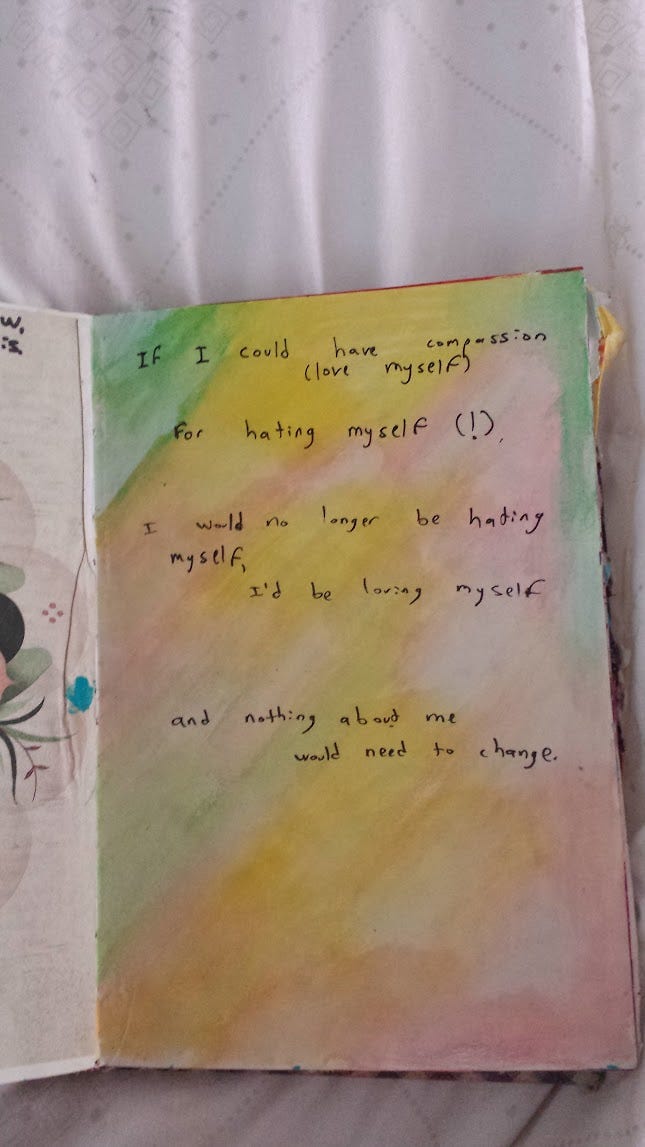
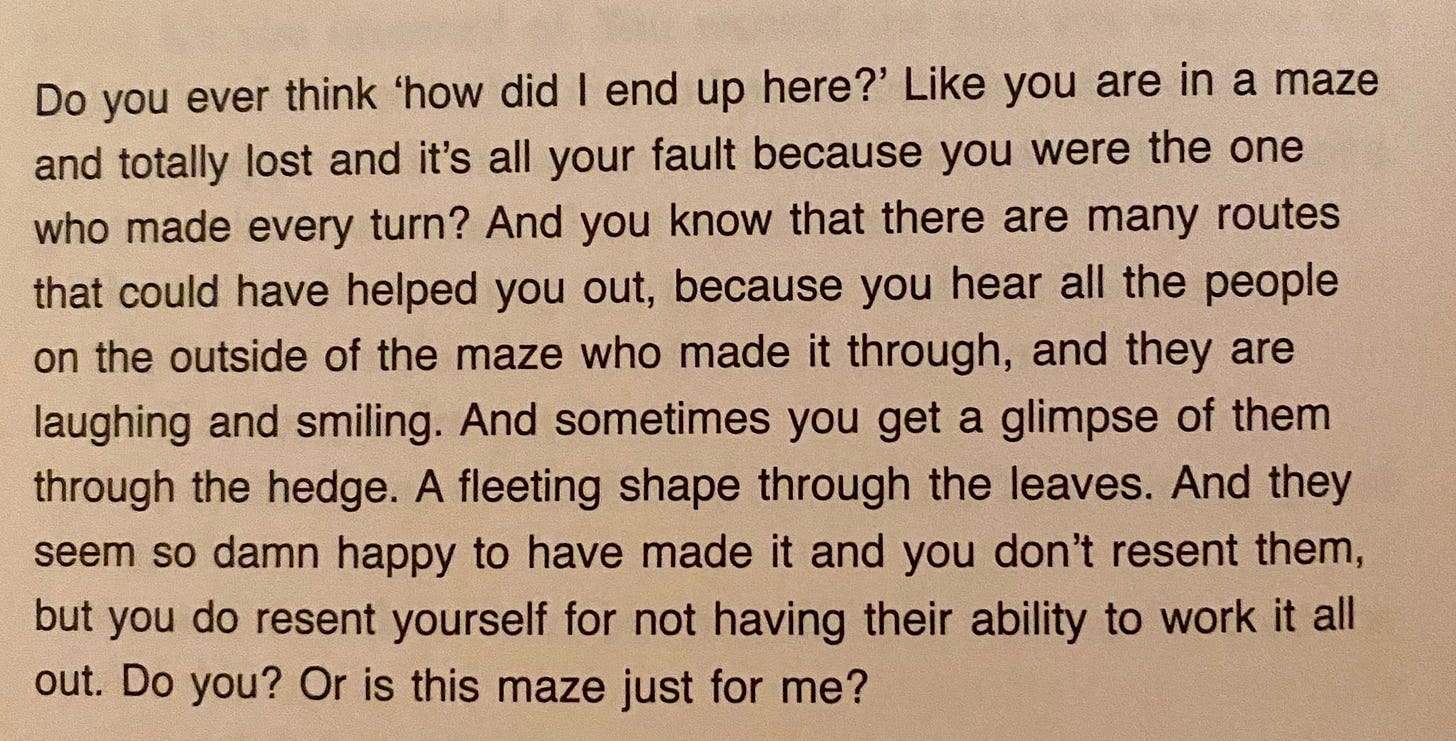
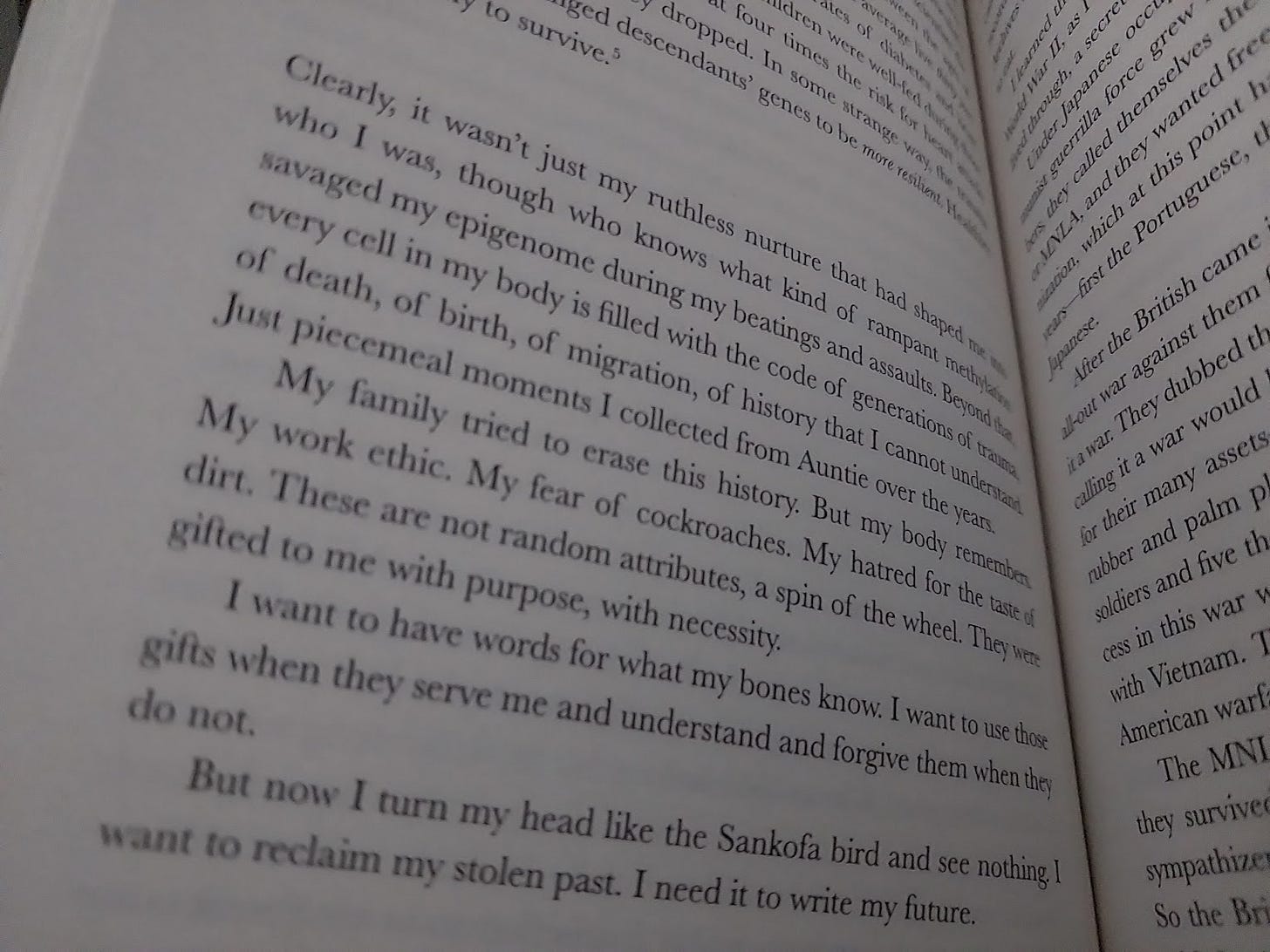
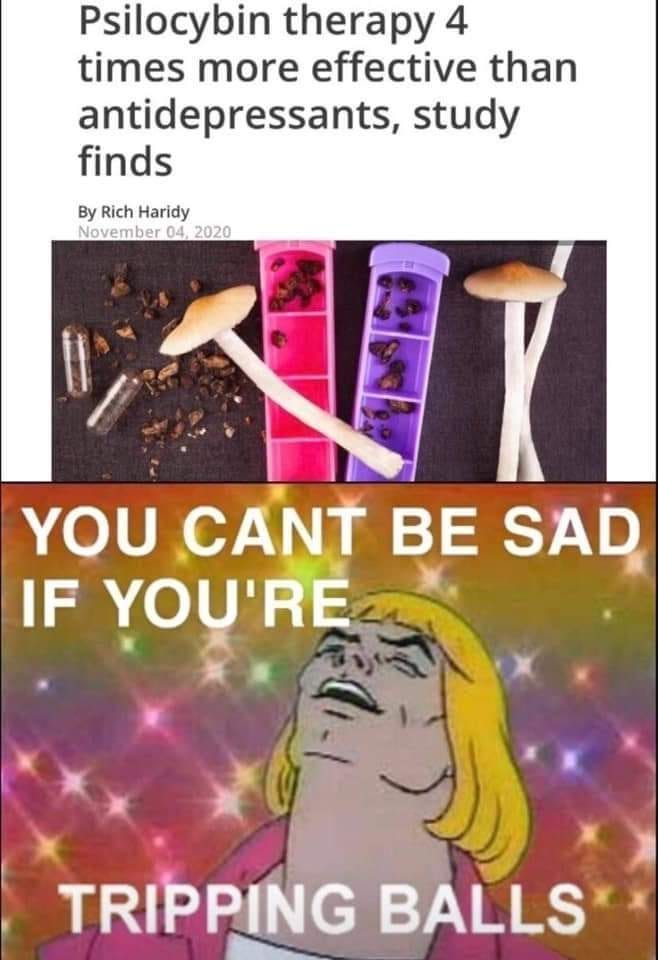

I'm so glad you're talking about this! When I was becoming a VITA Coach with Layla Martin, our required reading included the Body Keeps the Score by Van Der Kolk. It seriously needs a trigger warning! There was at least one deeply triggering and traumatizing segment about inter-family sexual violence that left me reeling. I hope that this will be addressed in future editions!